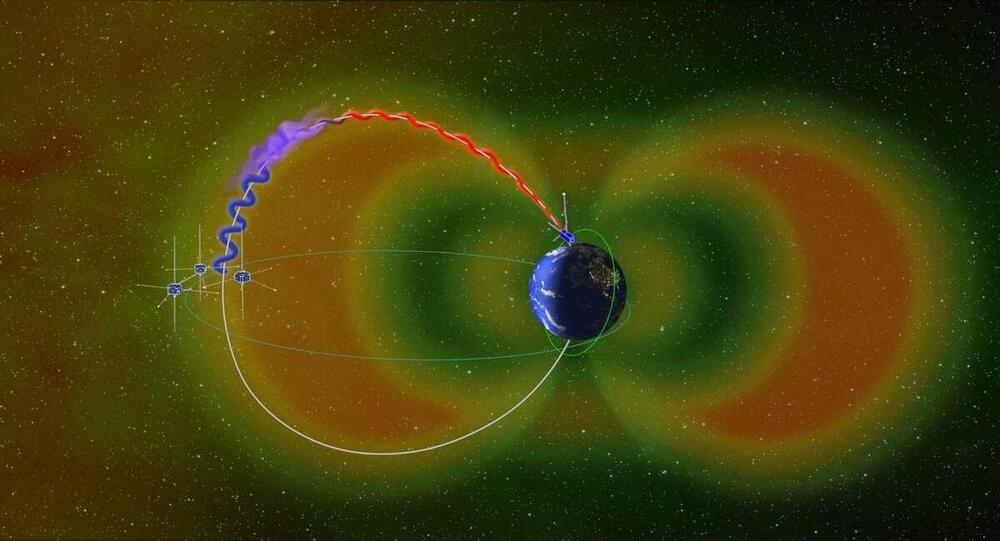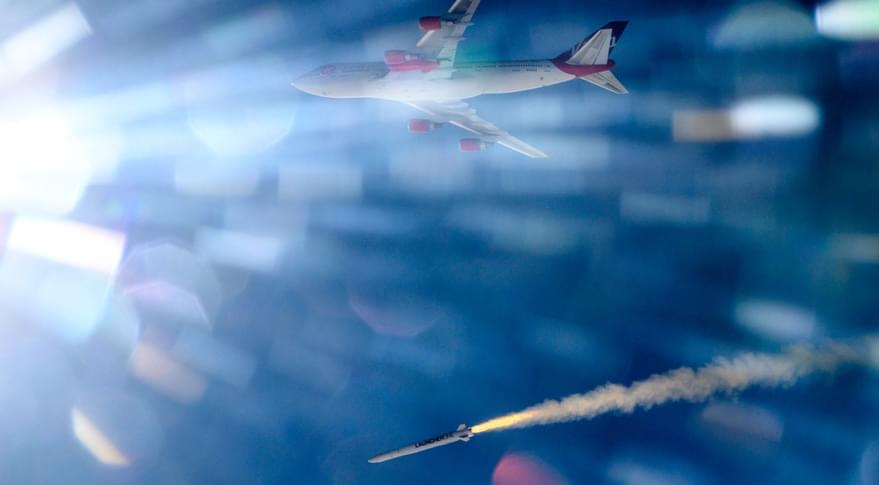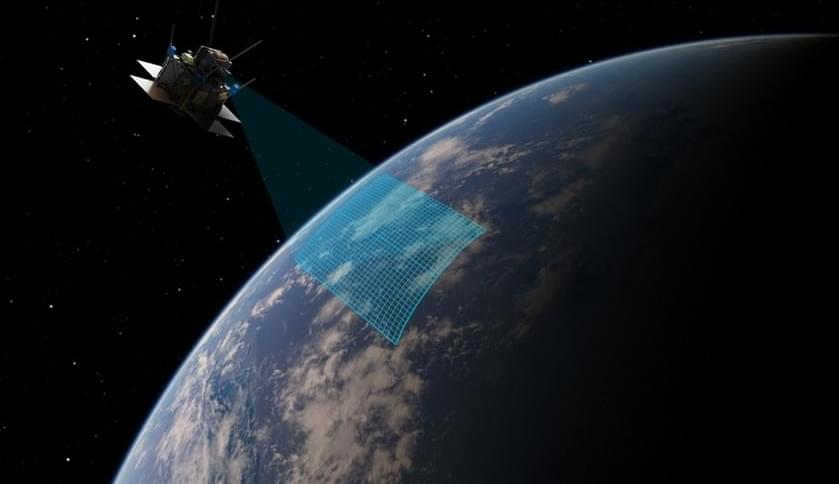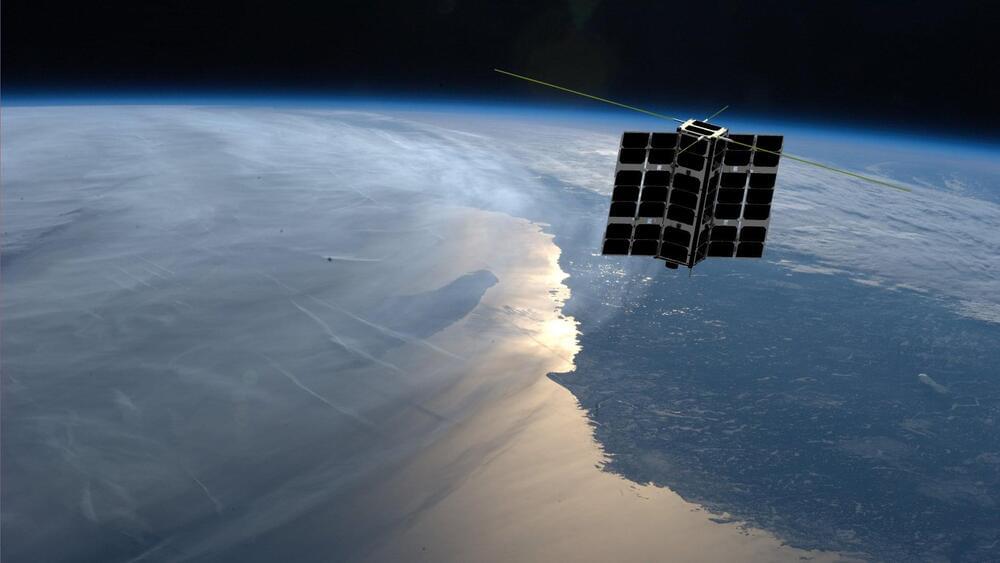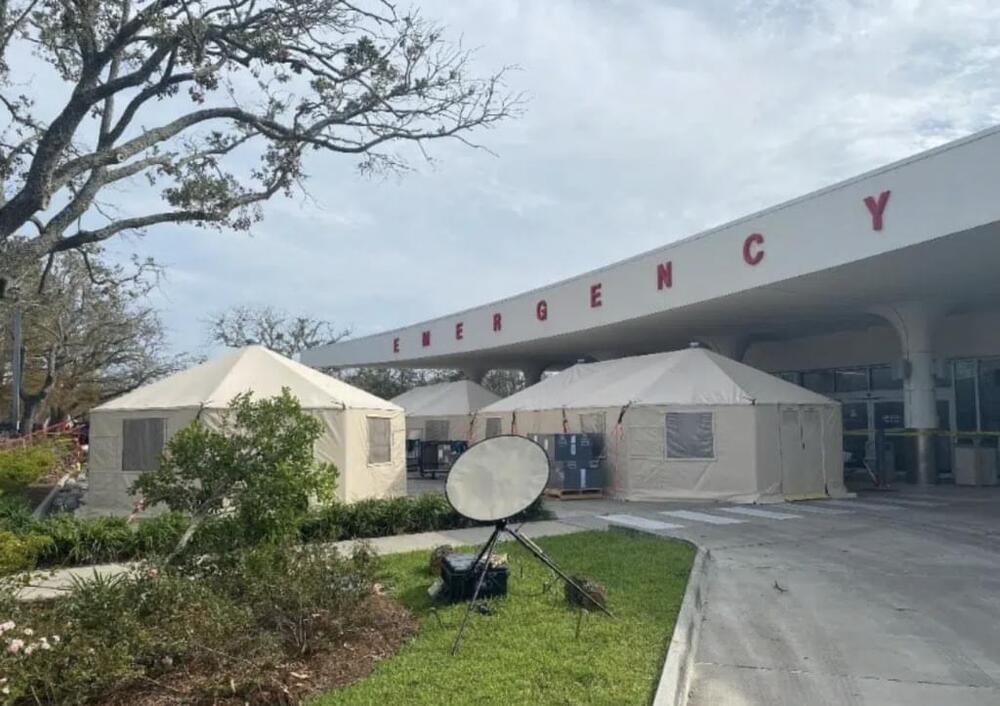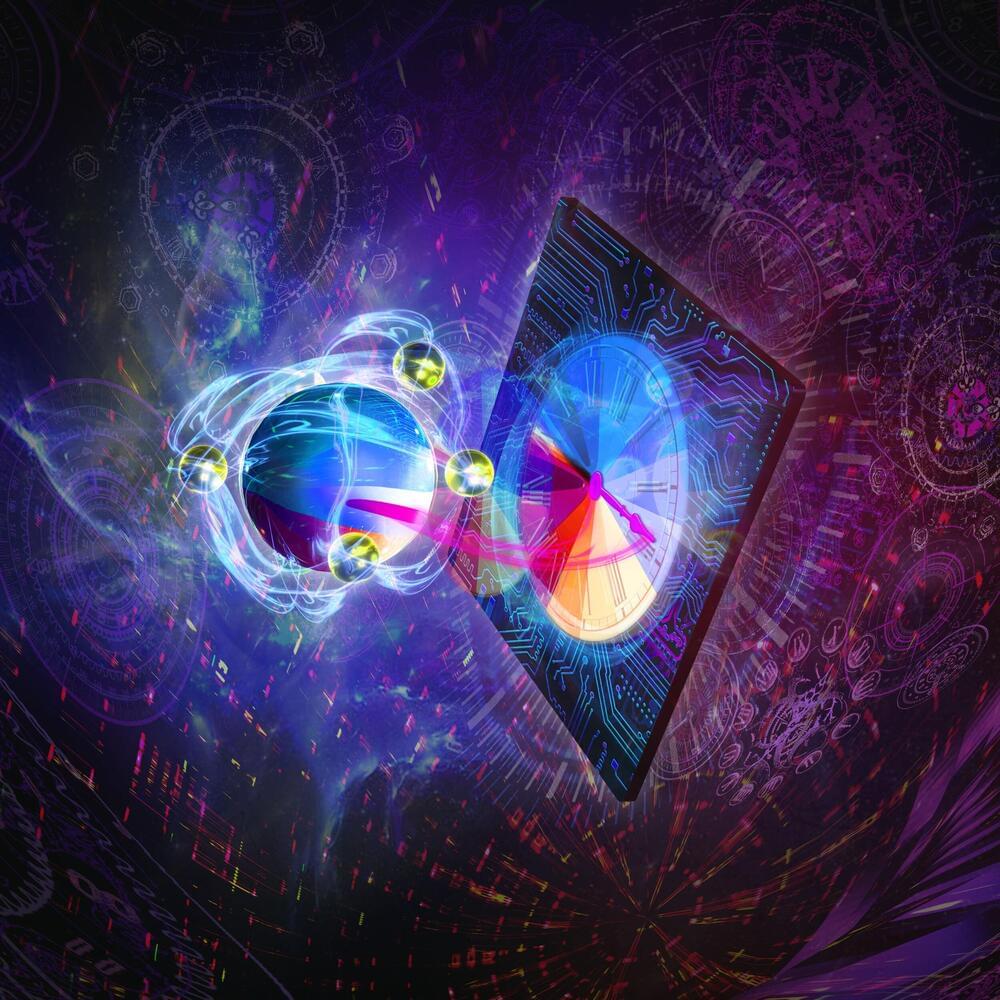
Atomic clocks are the best sensors mankind has ever built. Today, they can be found in national standards institutes or satellites of navigation systems. Scientists all over the world are working to further optimize the precision of these clocks. Now, a research group led by Peter Zoller, a theorist from Innsbruck, Austria, has developed a new concept that can be used to operate sensors with even greater precision irrespective of which technical platform is used to make the sensor. “We answer the question of how precise a sensor can be with existing control capabilities, and give a recipe for how this can be achieved,” explain Denis Vasilyev and Raphael Kaubrügger from Peter Zoller’s group at the Institute of Quantum Optics and Quantum Information at the Austrian Academy of Sciences in Innsbruck.
For this purpose, the physicists use a method from quantum information processing: Variational quantum algorithms describe a circuit of quantum gates that depends on free parameters. Through optimization routines, the sensor autonomously finds the best settings for an optimal result. “We applied this technique to a problem from metrology—the science of measurement,” Vasilyev and Kaubrügger explain. “This is exciting because historically advances in atomic physics were motivated by metrology, and in turn quantum information processing emerged from that. So, we’ve come full circle here,” Peter Zoller says. With the new approach, scientists can optimize quantum sensors to the point where they achieve the best possible precision technically permissible.

